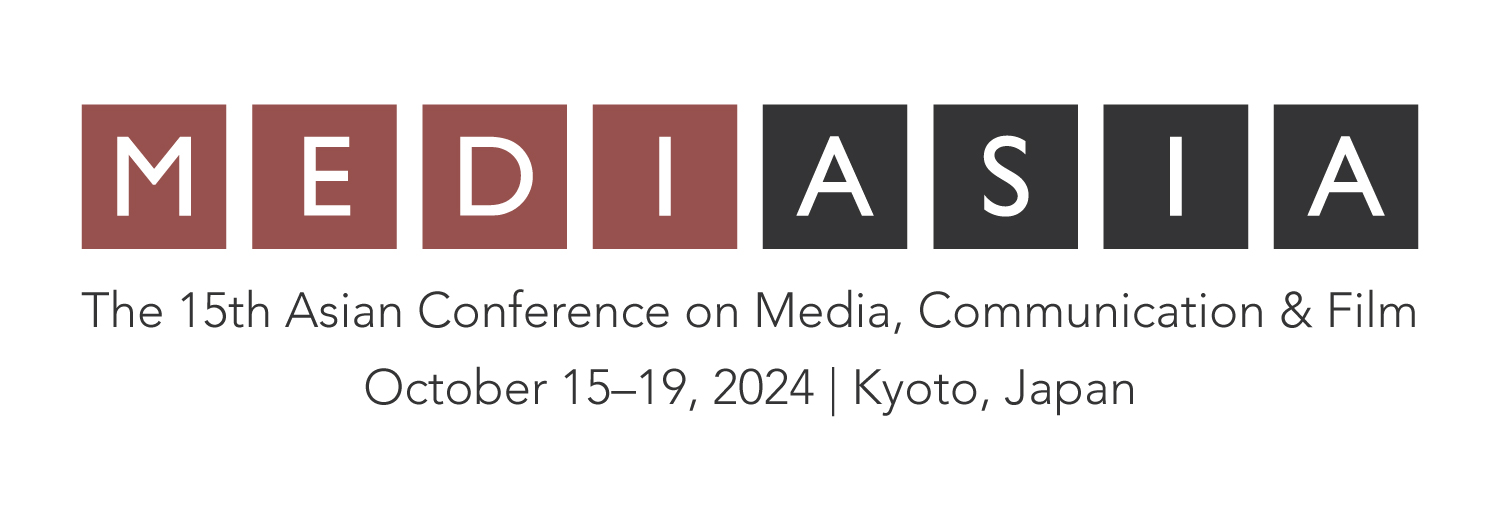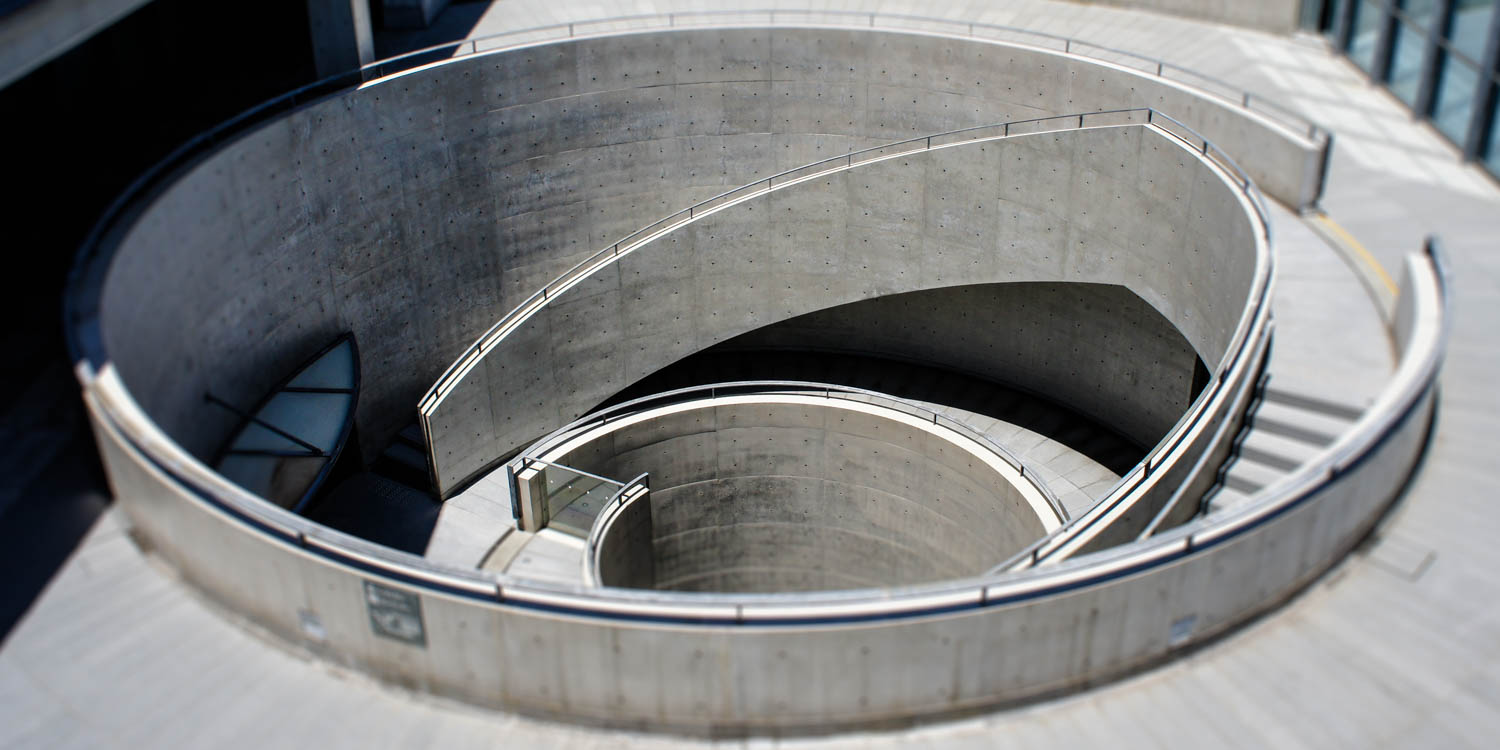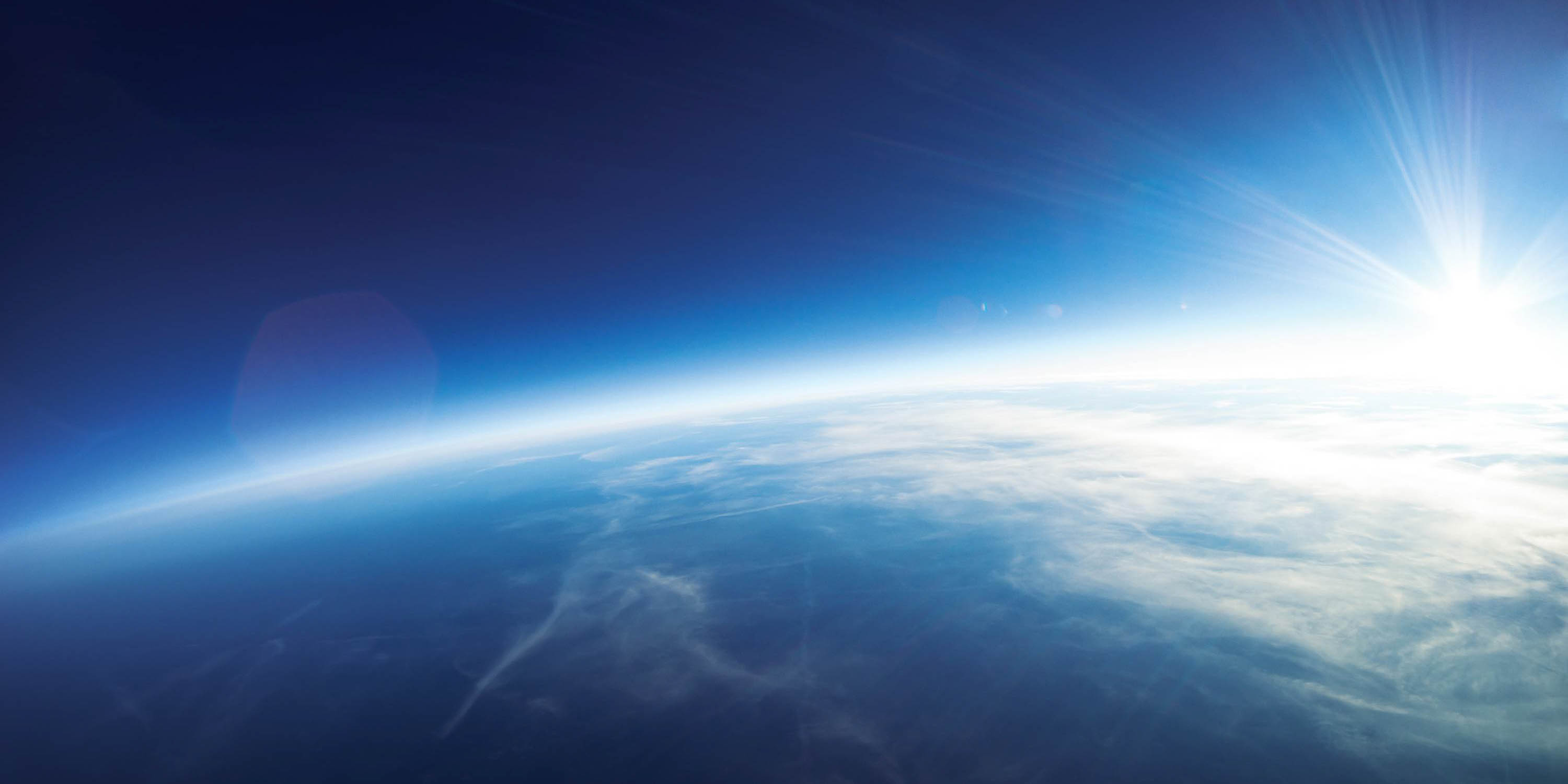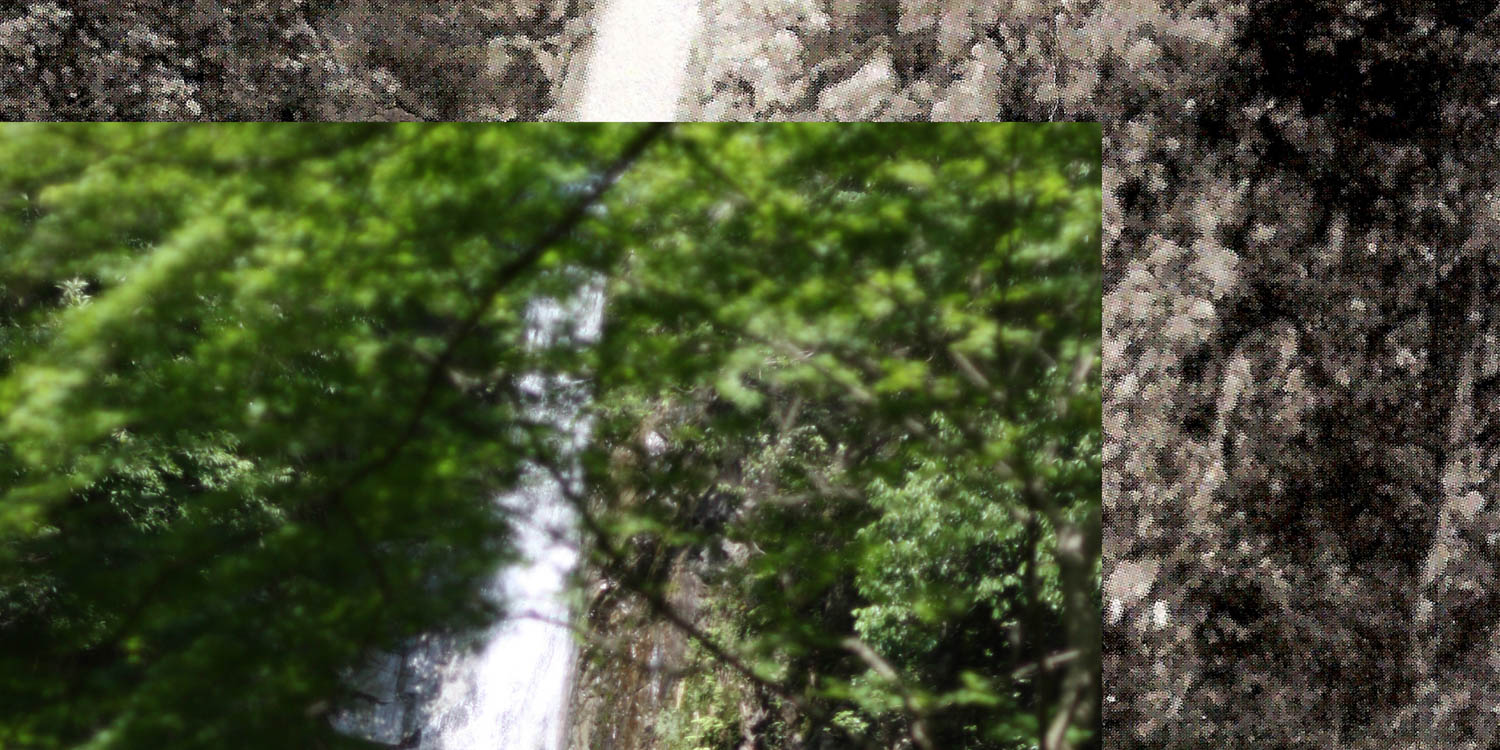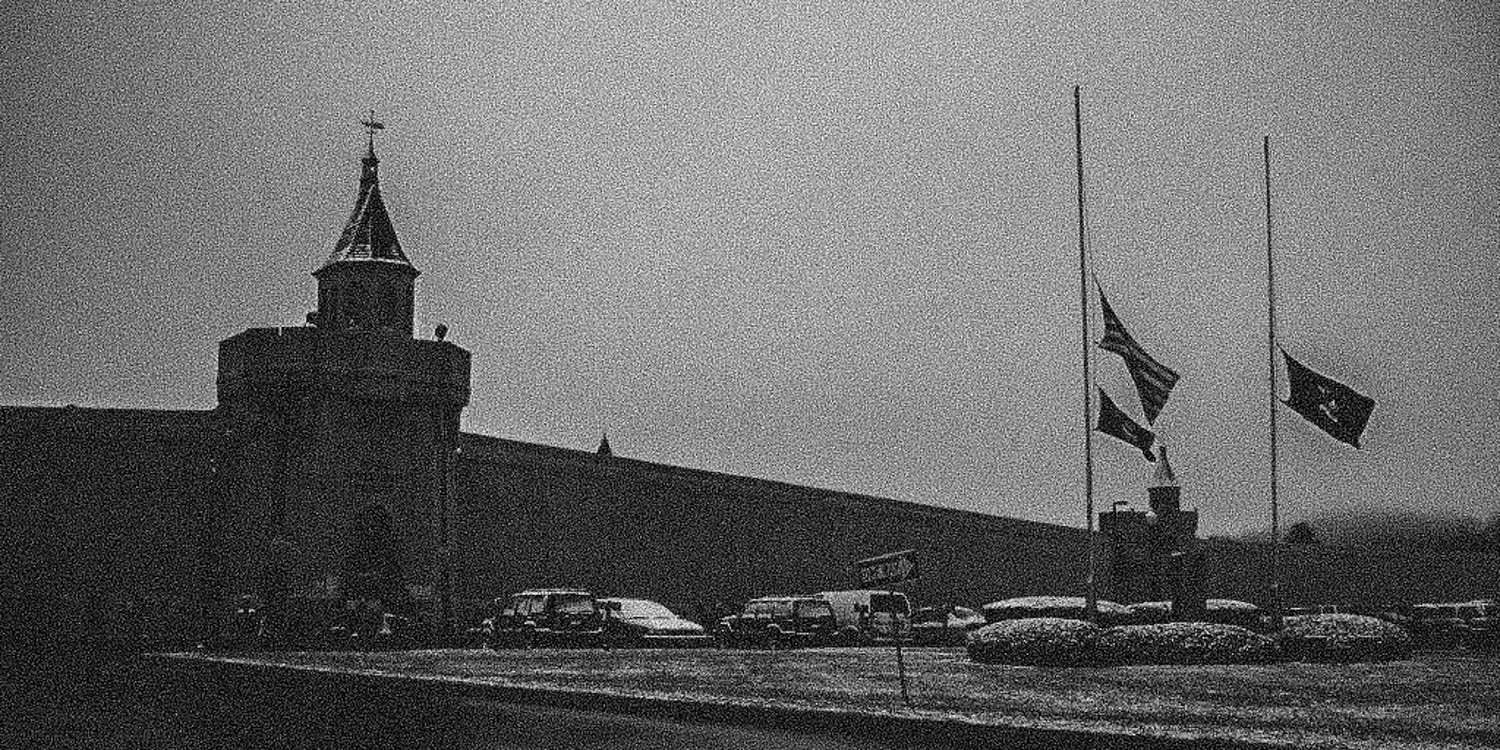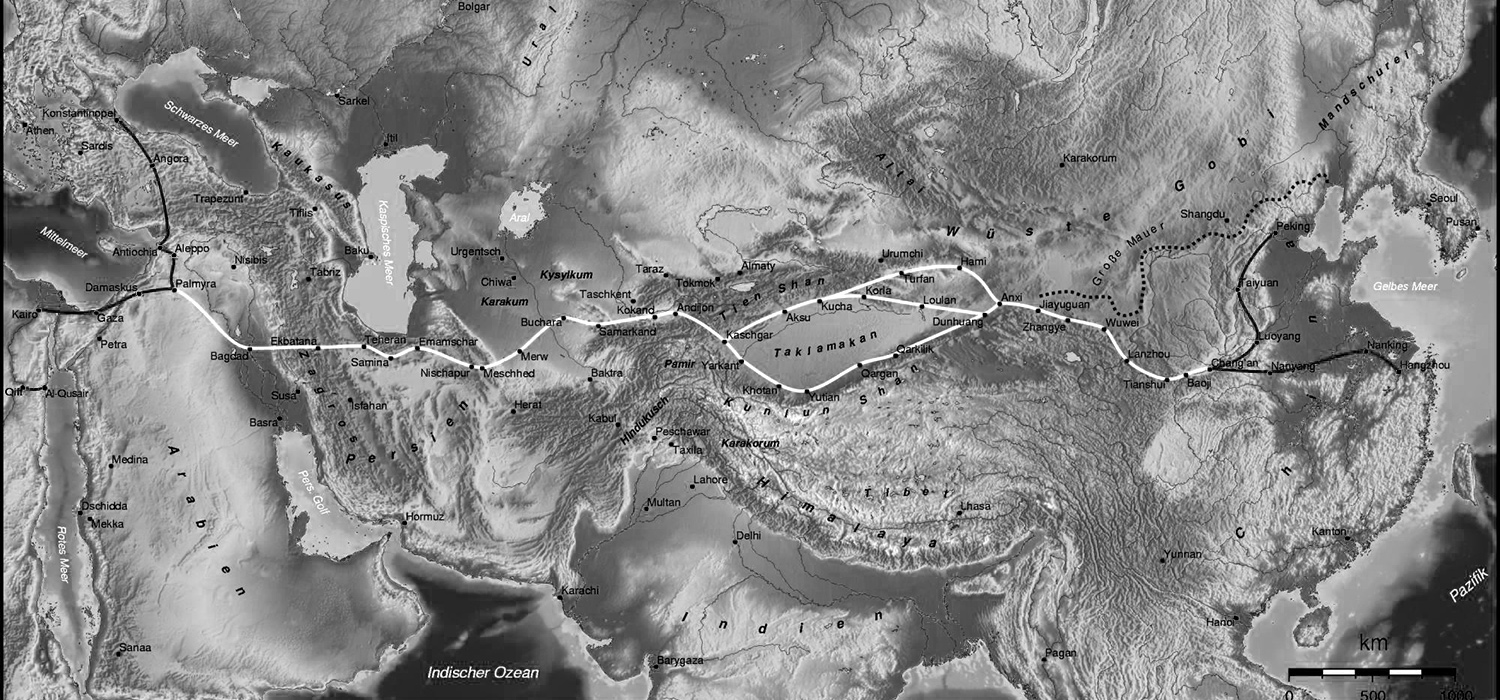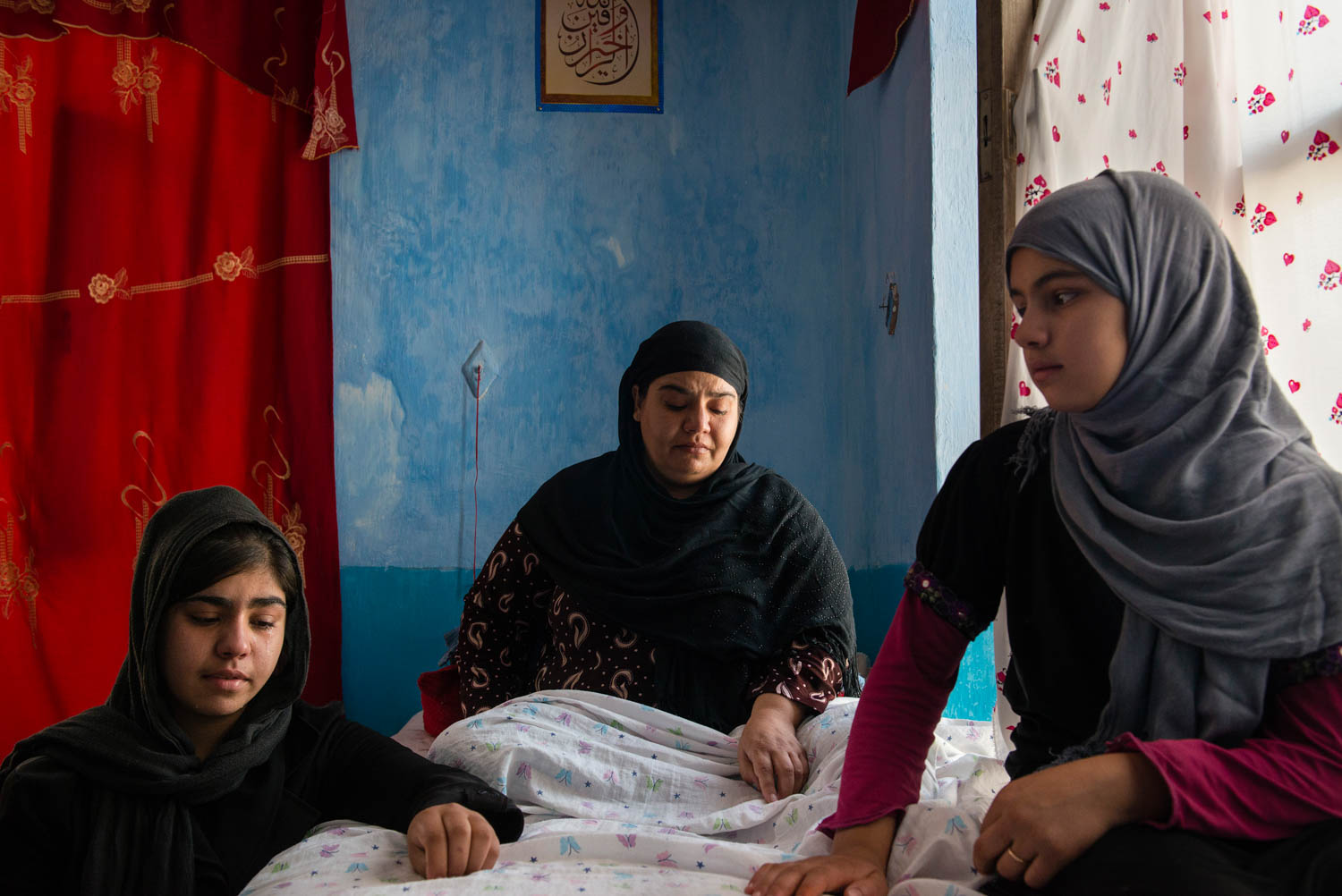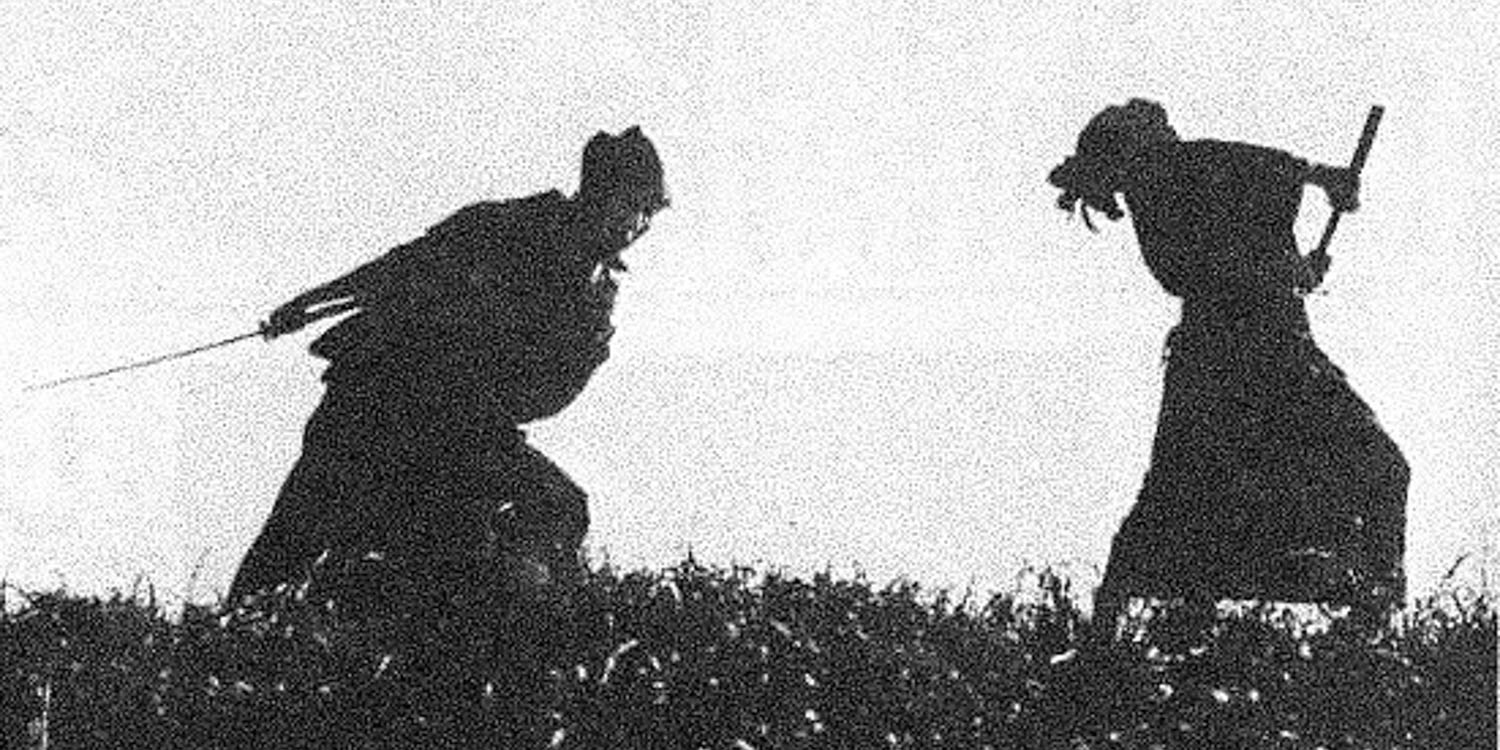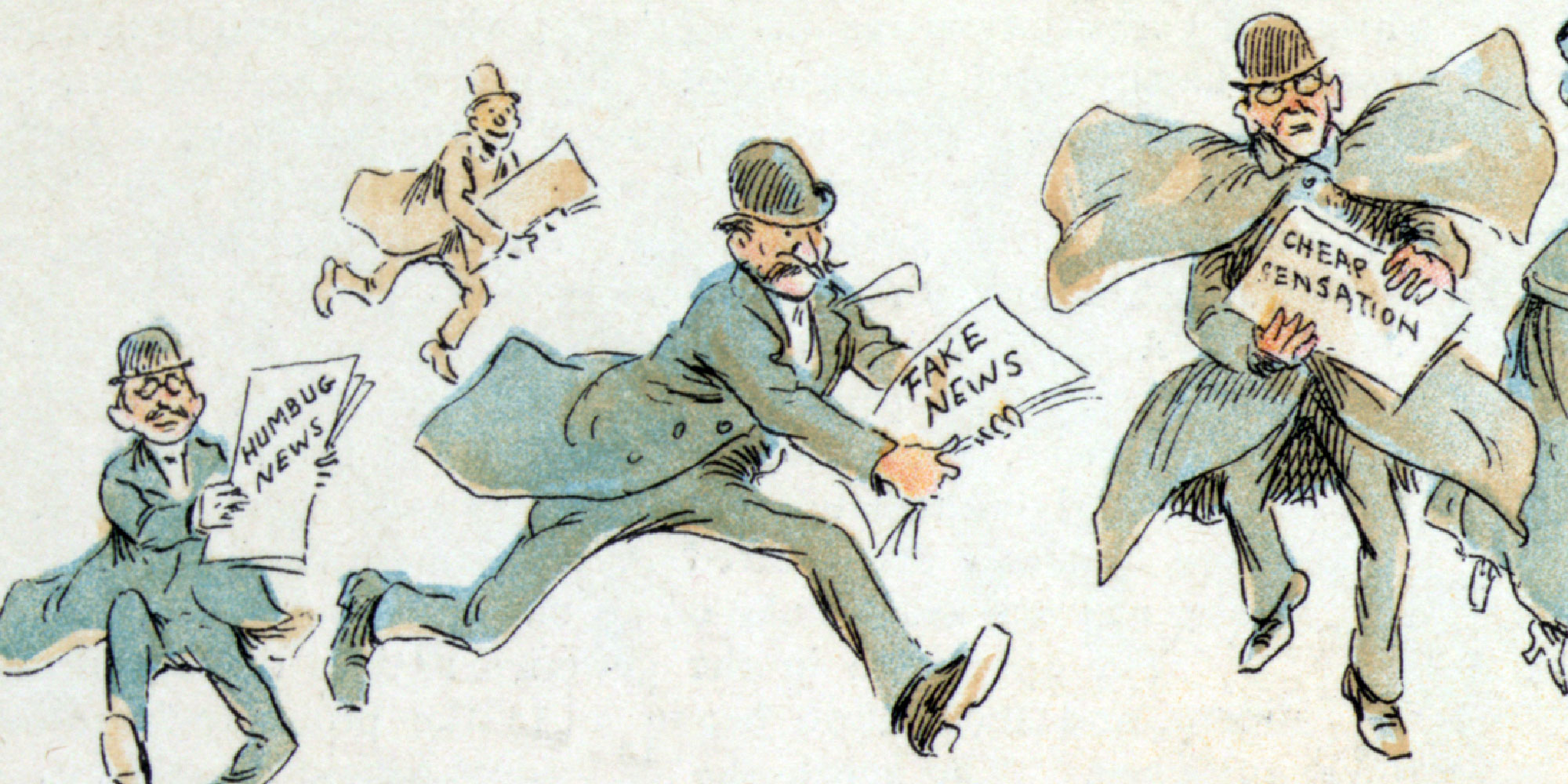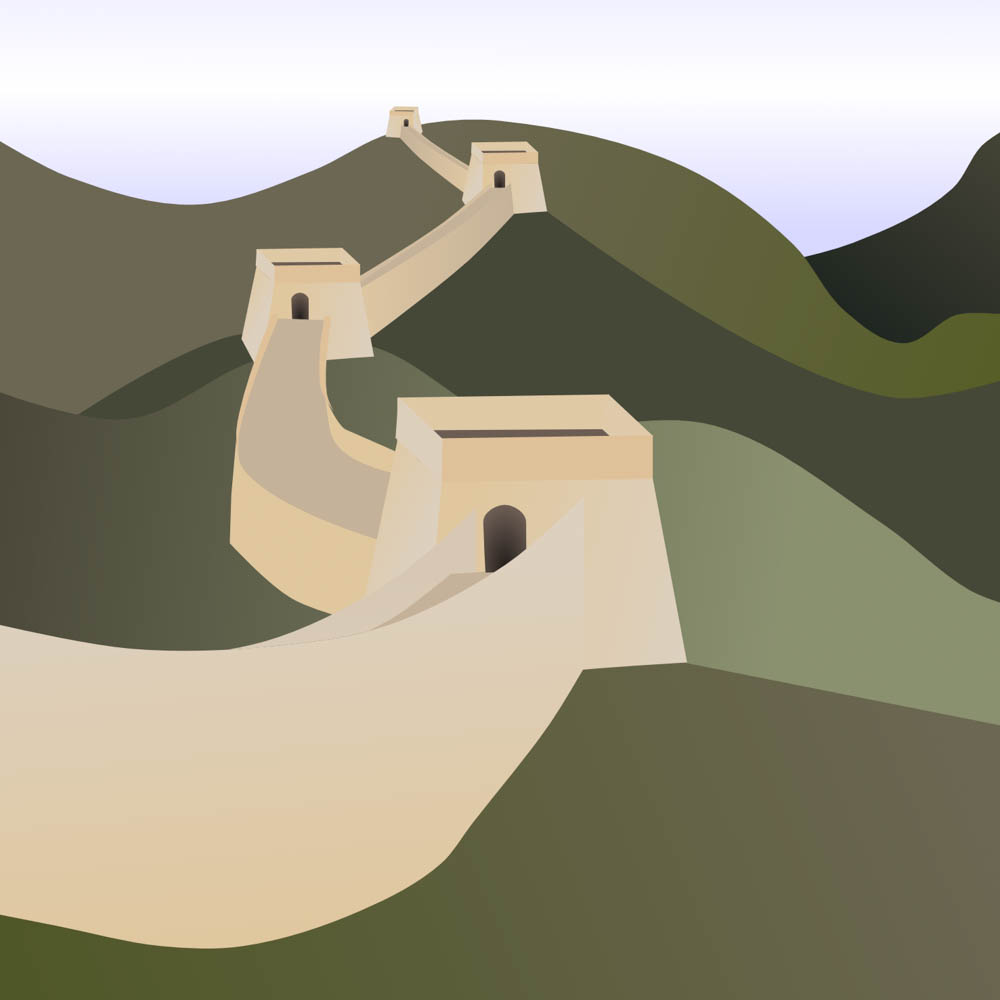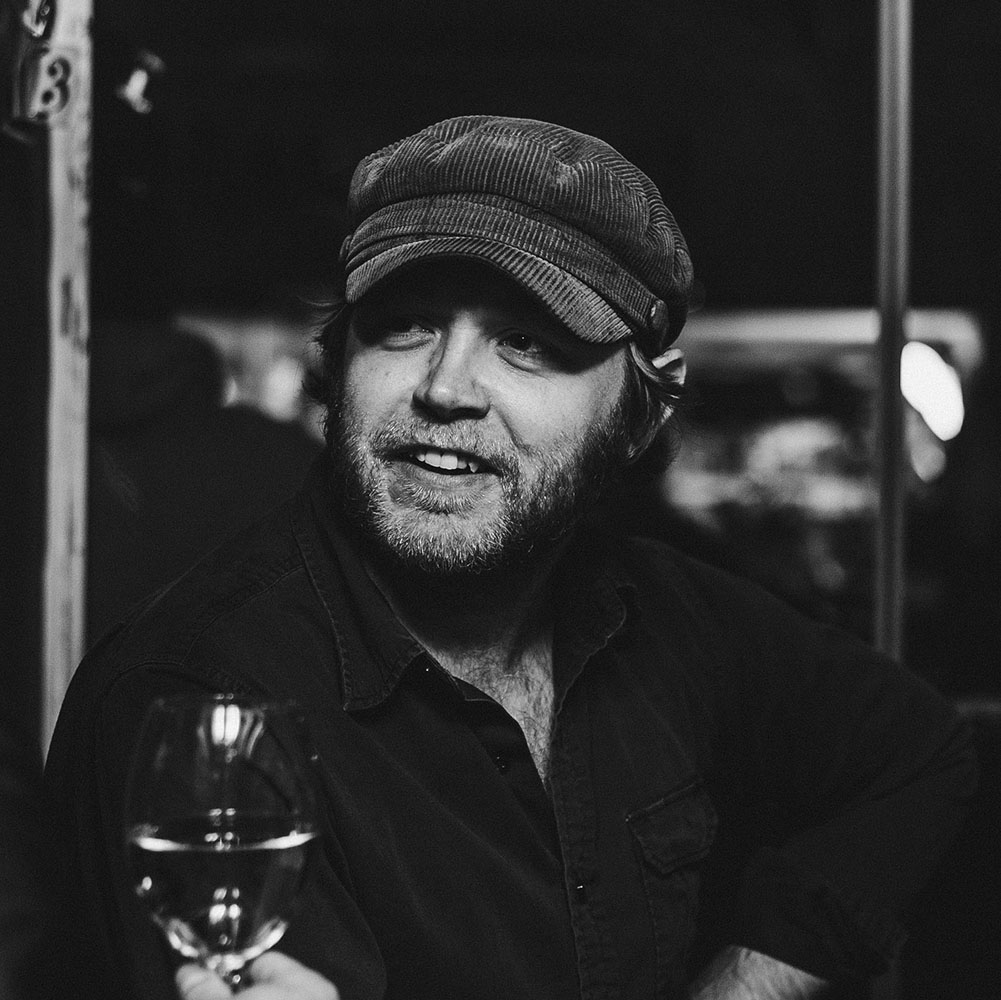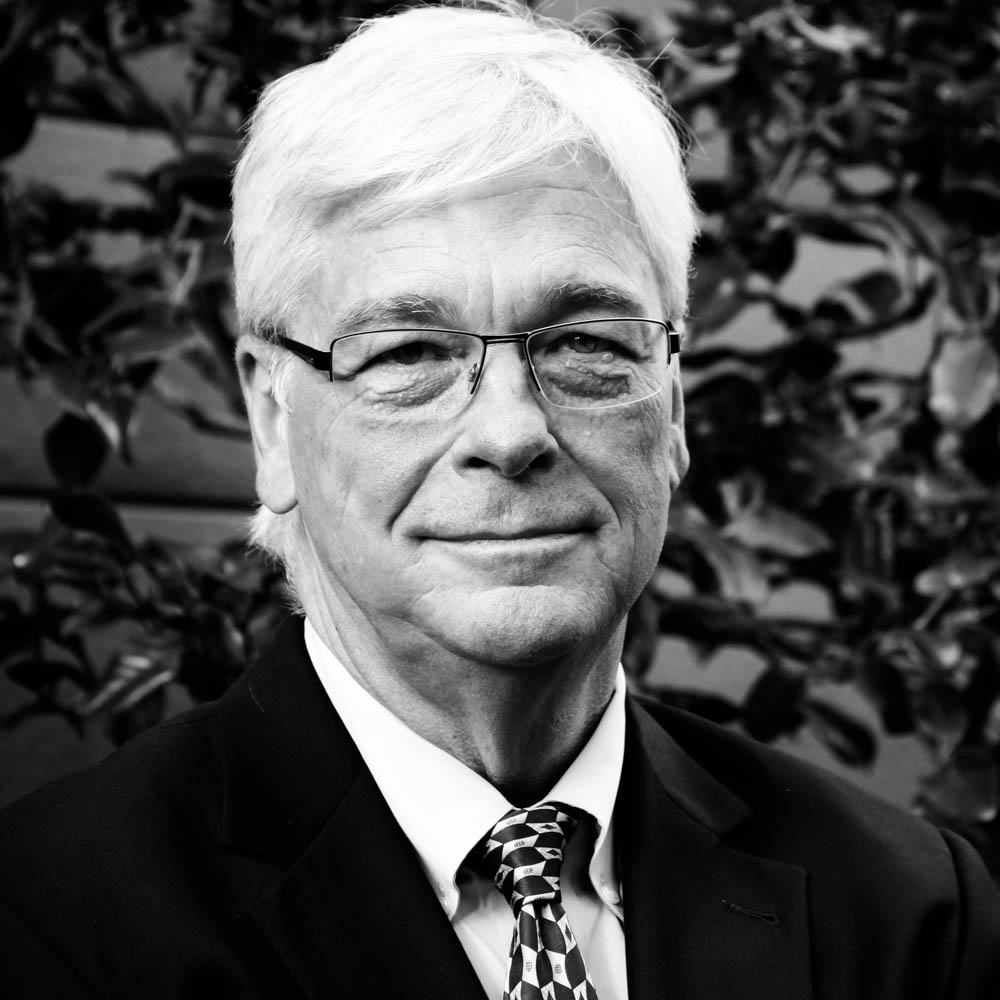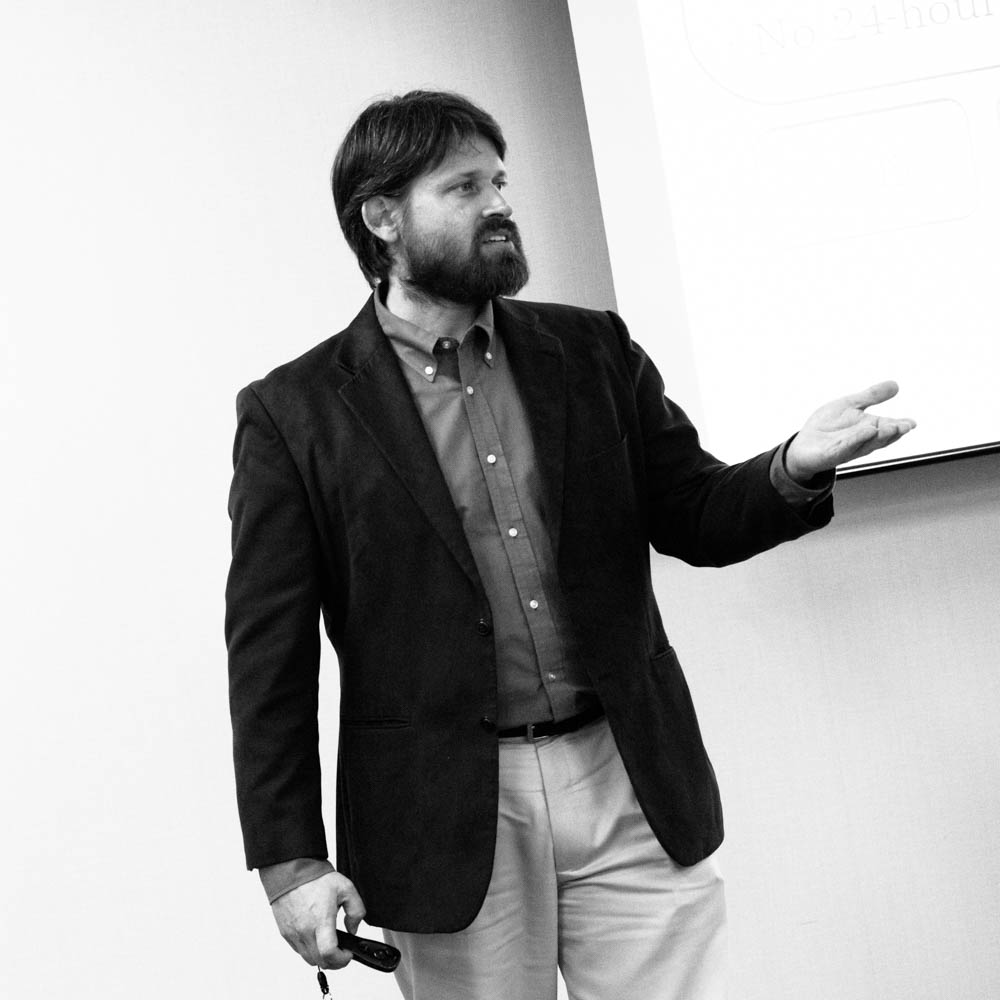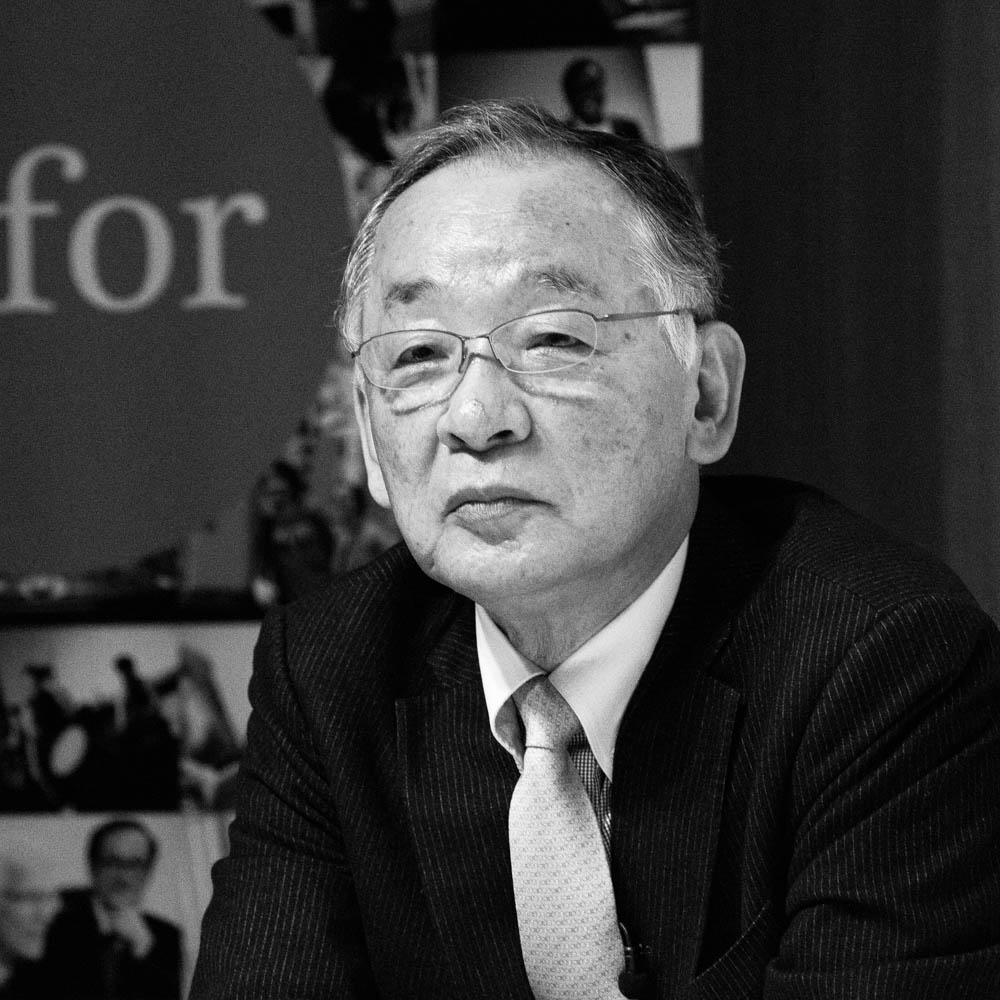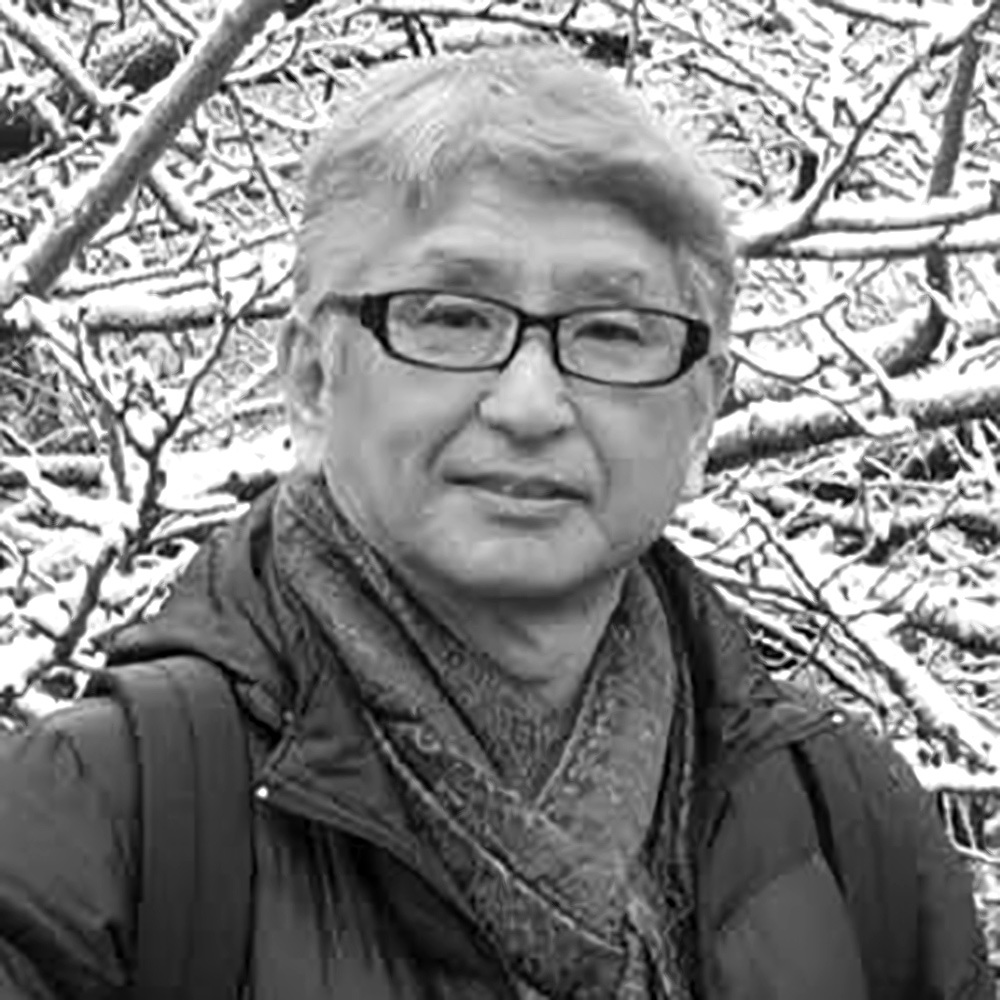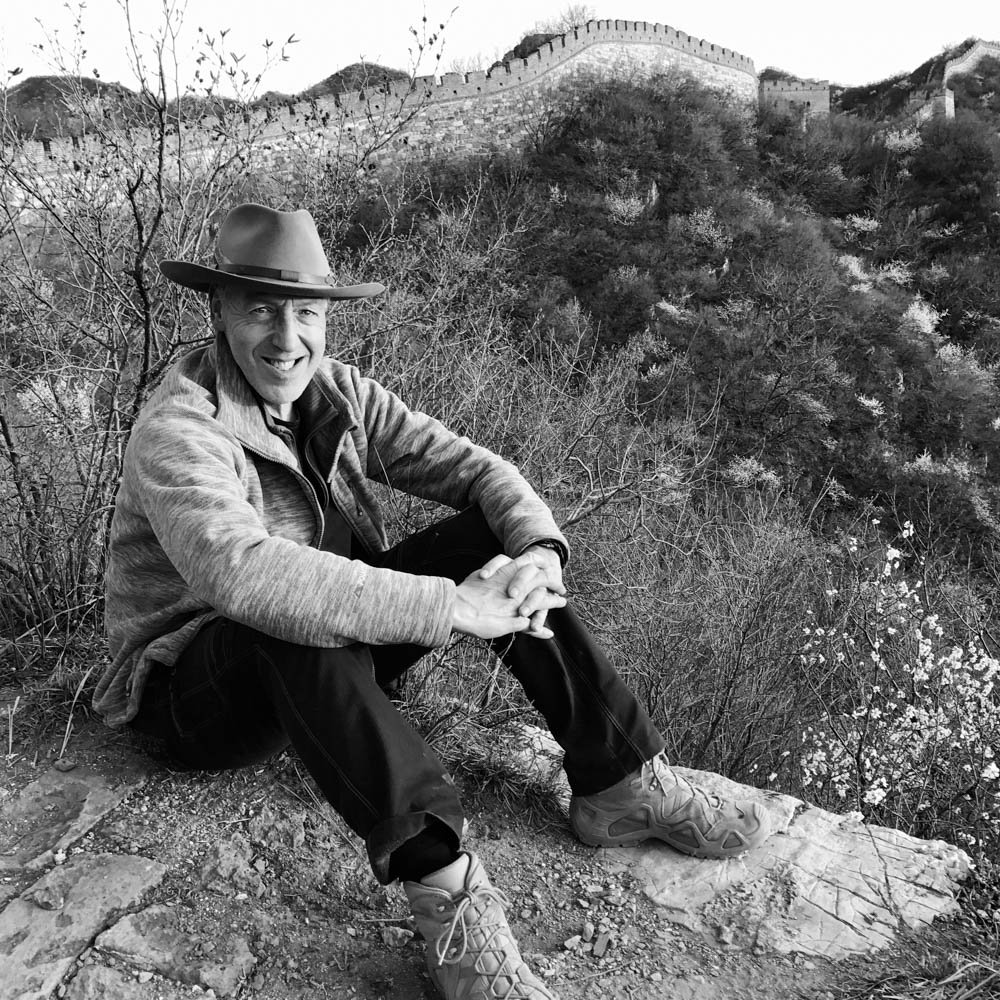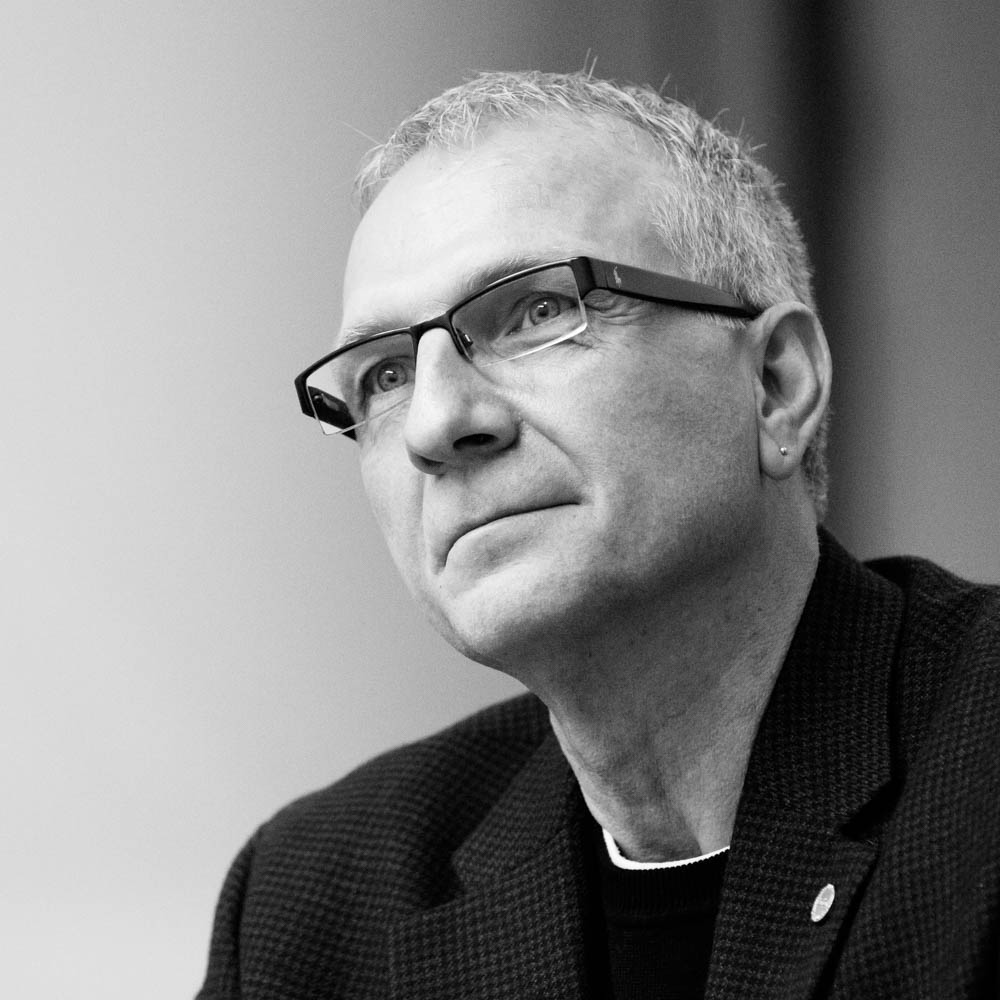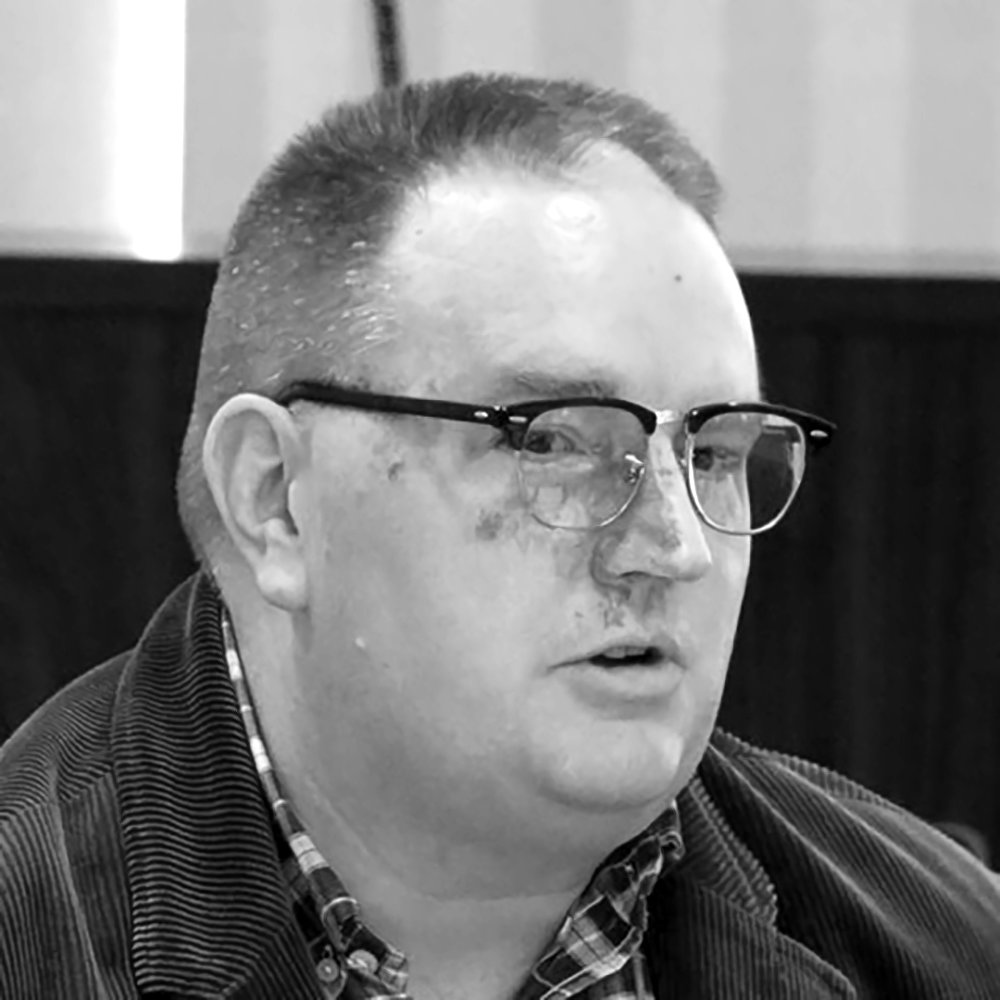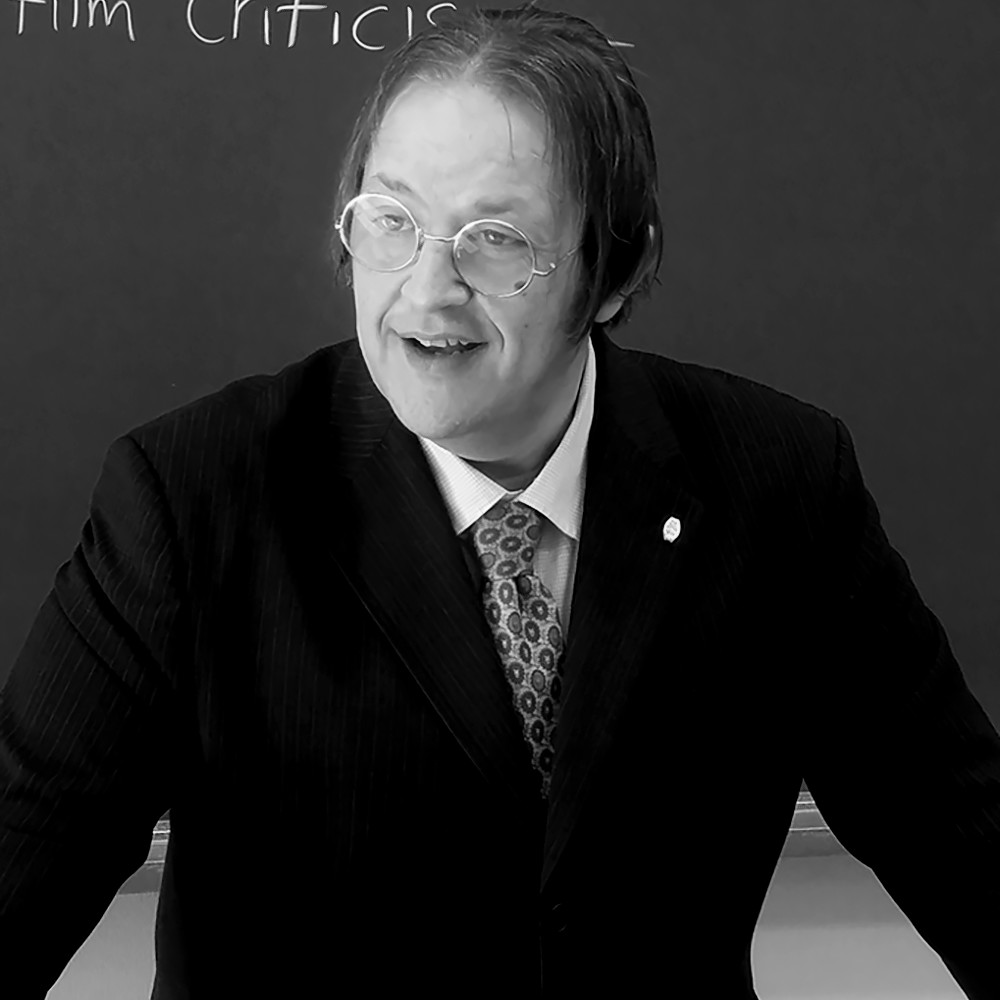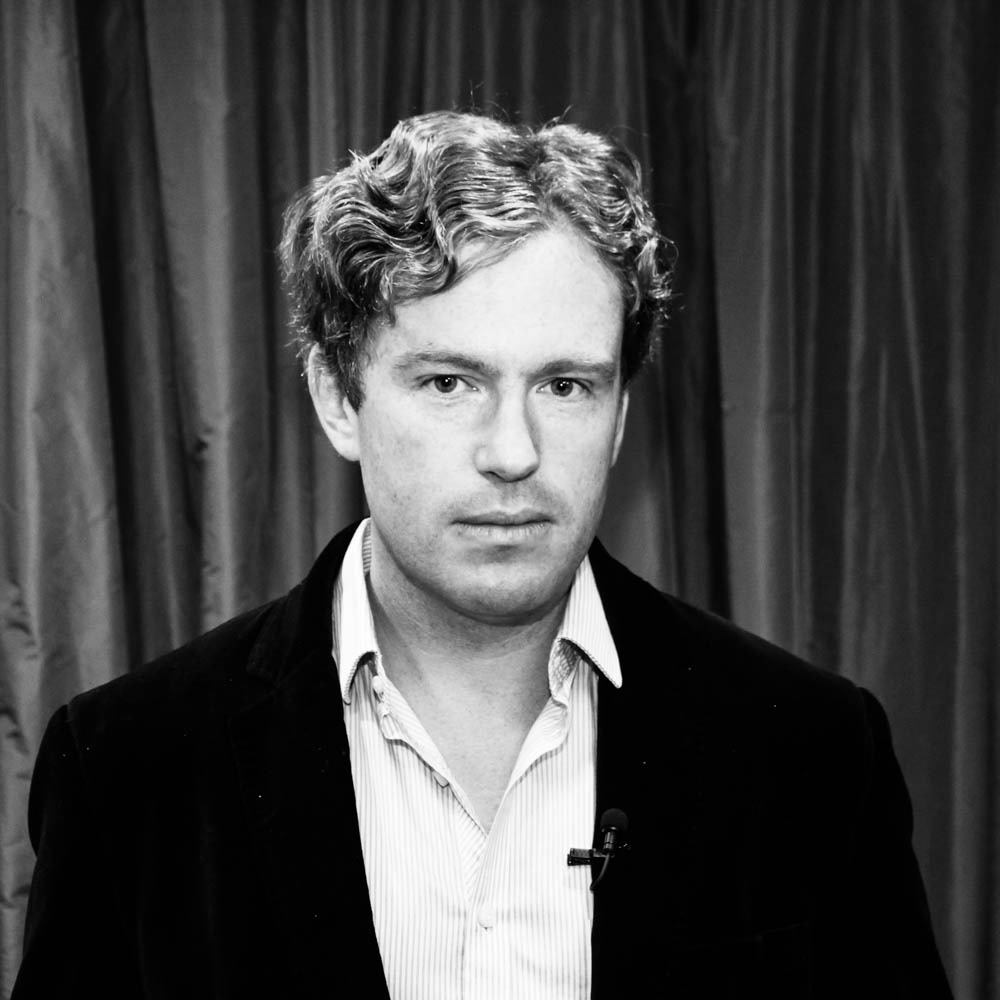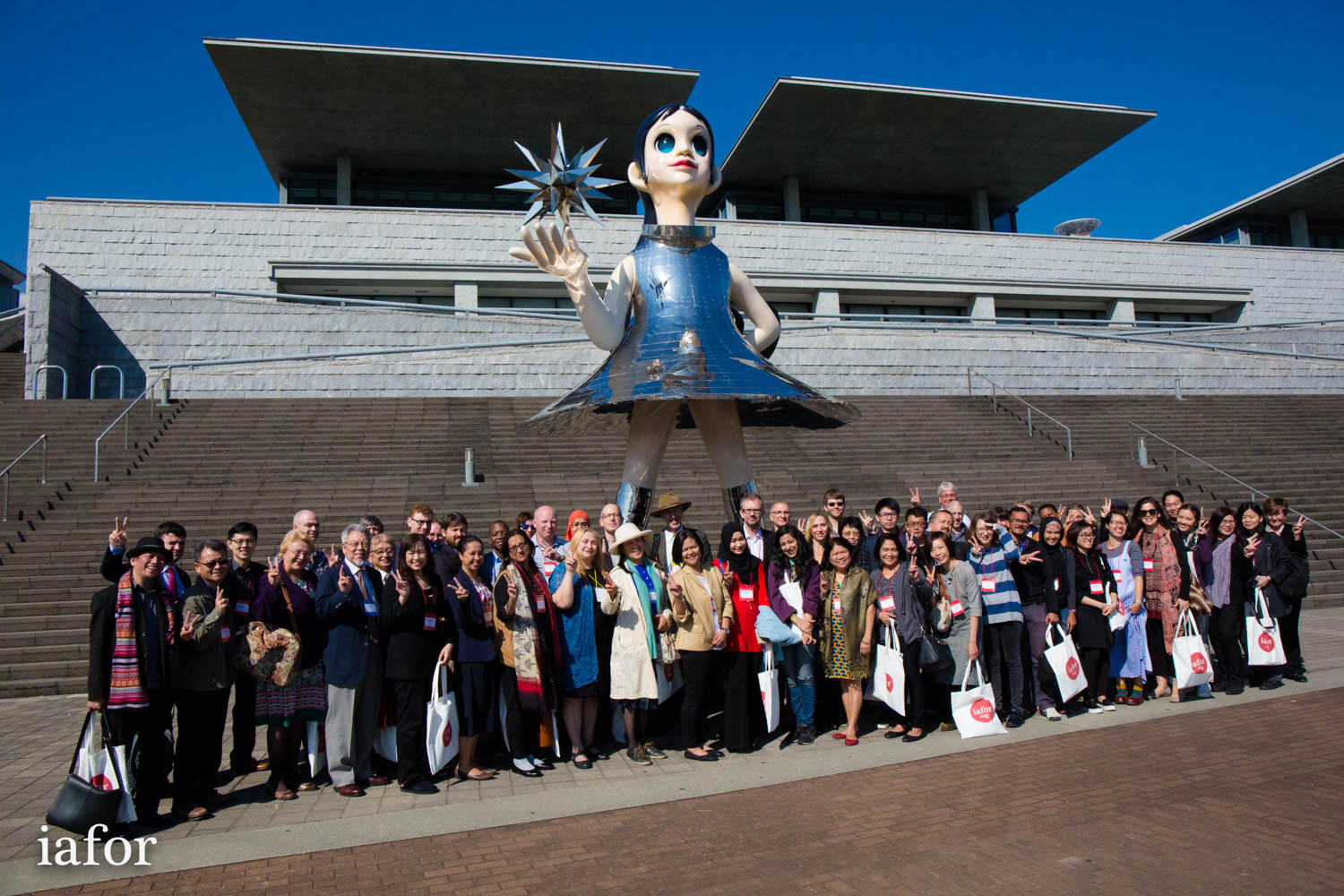
The Asian Conference on Media, Communication & Film 2017 | Hyōgo Prefectural Museum of Art
"History, Story, Narrative"
October 27-29, 2017 | Hyōgo Prefectural Museum of Art & Art Center Kobe, Kobe, Japan
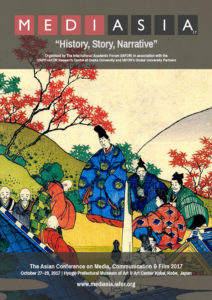 Historians are far from the only interested party in writing history. In a sense it is an interest we all share – whether we are talking politics, region, family birthright, or even personal experience. We are spectators to the process of history while being intimately situated within its impact and formations.
Historians are far from the only interested party in writing history. In a sense it is an interest we all share – whether we are talking politics, region, family birthright, or even personal experience. We are spectators to the process of history while being intimately situated within its impact and formations.
How, then, best to write it? Is it always the victor’s version? Have we not begun increasingly to write “history from below”, that lived by those who are not at the top of the power hierarchy? Are accounts of history always gender-inflected, hitherto, at least, towards men rather than women? Who gets to tell history if the issue is colonialism or class? How does geography, the power of place, intersect with history? What is the status of the personal story or narrative within the larger frame of events?
This conference addresses issues of writing history from literary and other discursive perspectives. That is to say: novels, plays, poems, autobiographies, memoirs, diaries, travel logs and a variety of styles of essay. One thinks of Shakespeare’s history plays, Tolstoy’s War and Peace, Shi Nai’an’s The Water Margin, Balzac’s La Comédie Humaine. It also addresses oral history, the spoken account or witness, the Hiroshima survivor to the modern Syrian migrant.
Which also connects to the nexus of media and history. The great “historical” films continue to hold us, be it Eisenstein’s October: Ten Days That Shook the World (1925) or Gone with the Wind (1940). We live in an age of documentaries, whether film or TV. There is a view that we also inhabit “instant” history, the download to laptop, the app, the all-purpose mobile. How has this technology changed our perception, our lived experience, of history? What is the role of commemoration, parade, holiday, festival or statuary in the writing of history?
The different modes by which we see and understand history, flow and counter-flow, nevertheless come back to certain basics.
One asks whether we deceive ourselves in always asking for some grand narrative. Can there only be one narrator or is history by necessity a colloquium, contested ground? Is national history a myth? And history-writing itself: is it actually a form of fiction, an artifice which flatters to deceive? What, exactly, is a historical fact?
Programme
-
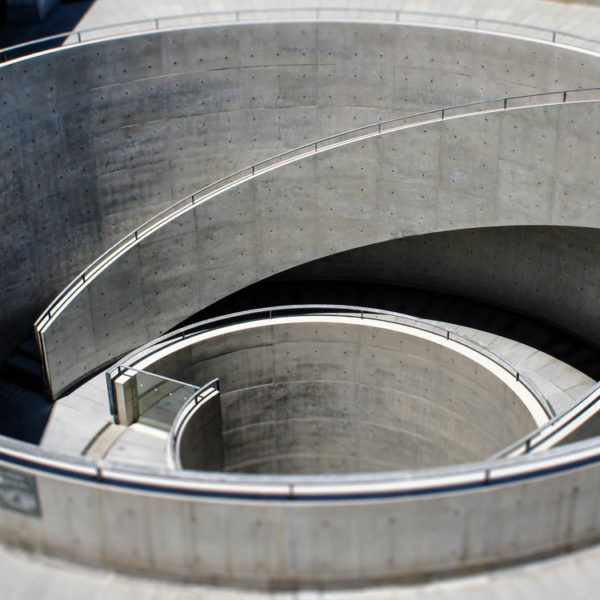 History, Story, Narrative: An Introduction to the Hyogo Prefectural Museum of ArtSpecial Address: Yutaka Mino
History, Story, Narrative: An Introduction to the Hyogo Prefectural Museum of ArtSpecial Address: Yutaka Mino -
 Introduction of Osaka University’s Global News View DatabaseFeatured Address: Virgil Hawkins
Introduction of Osaka University’s Global News View DatabaseFeatured Address: Virgil Hawkins -
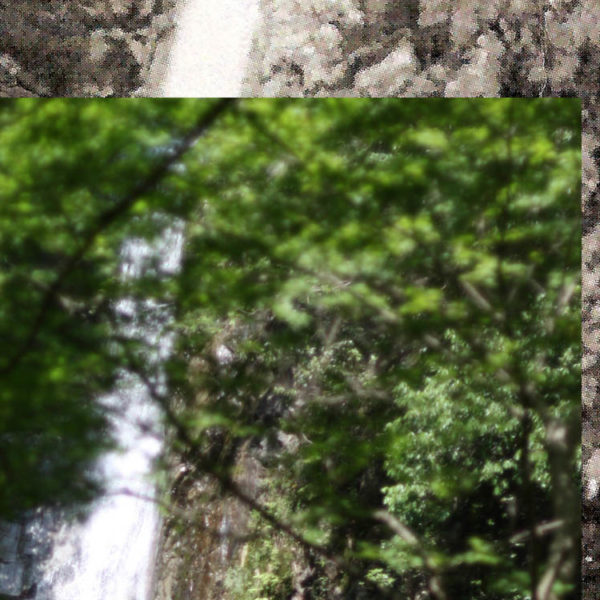 Then with Now: A Rephotography Workshop at Nunobiki Waterfall, KobePost Conference Featured Workshop: Gary McLeod
Then with Now: A Rephotography Workshop at Nunobiki Waterfall, KobePost Conference Featured Workshop: Gary McLeod -
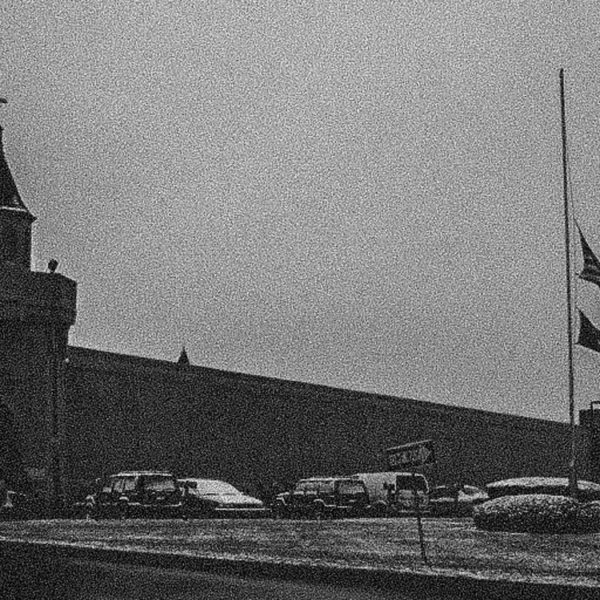 History, Story, NarrativeKeynote Presentation: Richard Roth
History, Story, NarrativeKeynote Presentation: Richard Roth -
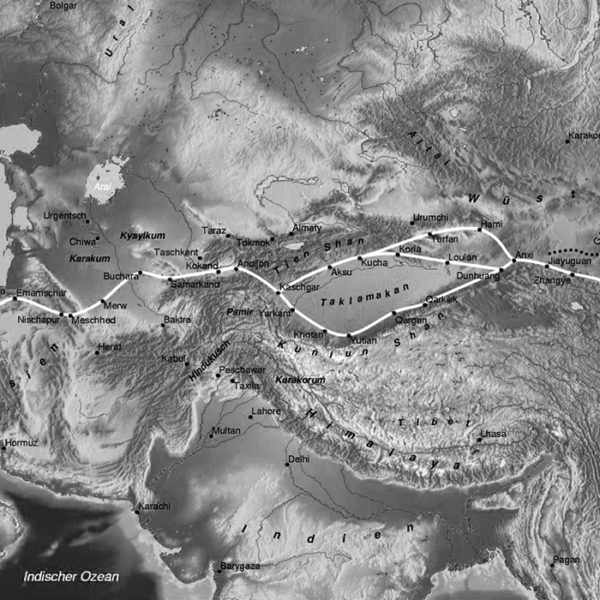 IAFOR Silk Road Initiative Information Session
IAFOR Silk Road Initiative Information Session -
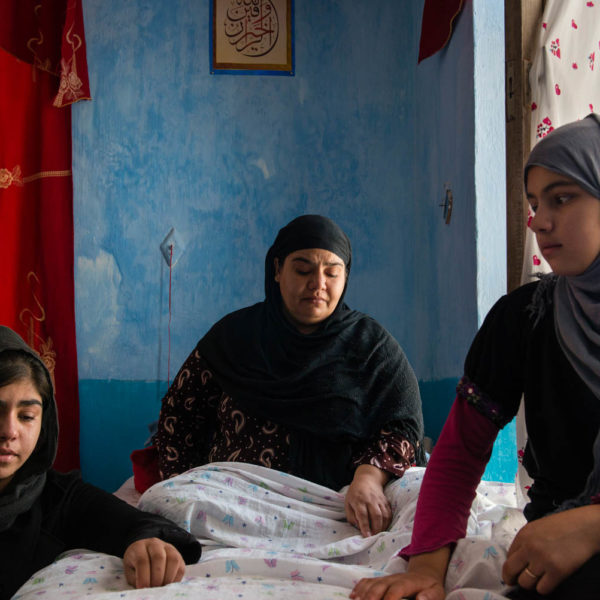 IAFOR Documentary Photography Award 2017 | Award Winners Screening
IAFOR Documentary Photography Award 2017 | Award Winners Screening -
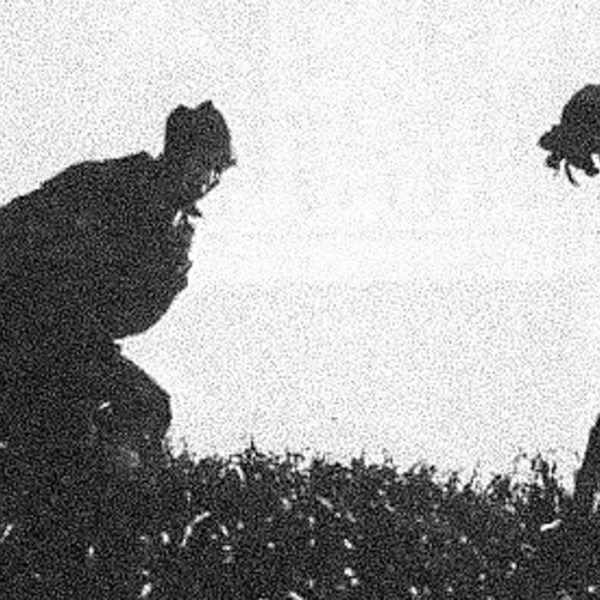 The Disappearance of Silent Film and the Toy Movie ProjectFeatured Presentation: Yoneo Ota
The Disappearance of Silent Film and the Toy Movie ProjectFeatured Presentation: Yoneo Ota -
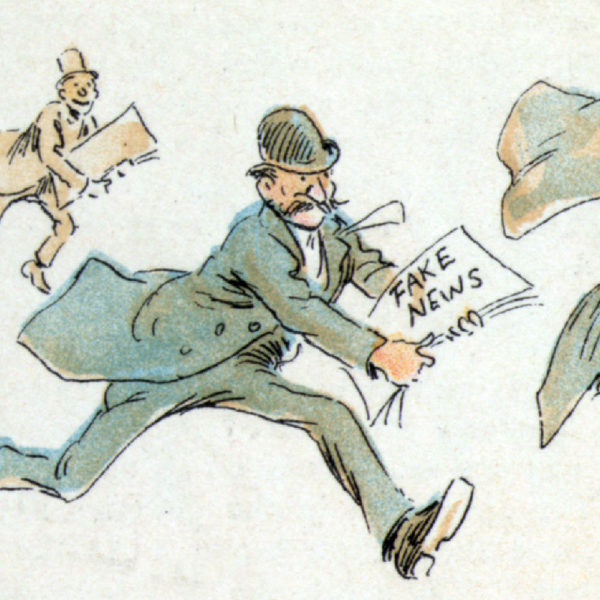 Fake News and the Attack on America’s Freedom of the PressKeynote Presentation: Gary E. Swanson
Fake News and the Attack on America’s Freedom of the PressKeynote Presentation: Gary E. Swanson -
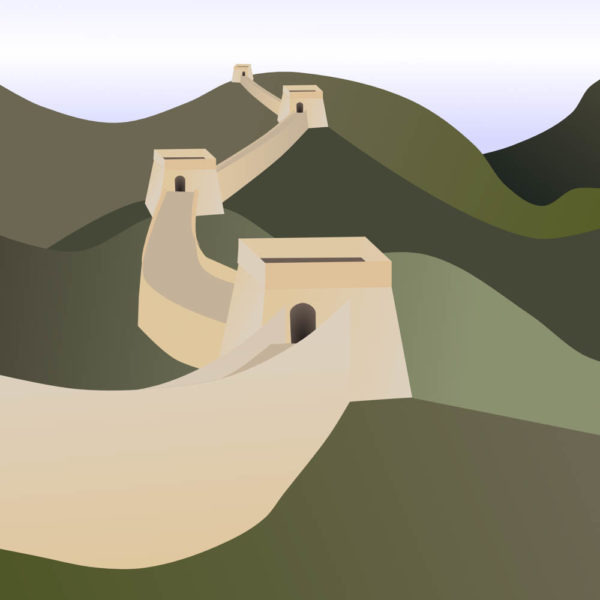 The Great Wall Story – The Way I Have Discovered ItKeynote Presentation: William Lindesay OBE
The Great Wall Story – The Way I Have Discovered ItKeynote Presentation: William Lindesay OBE
Speakers
-
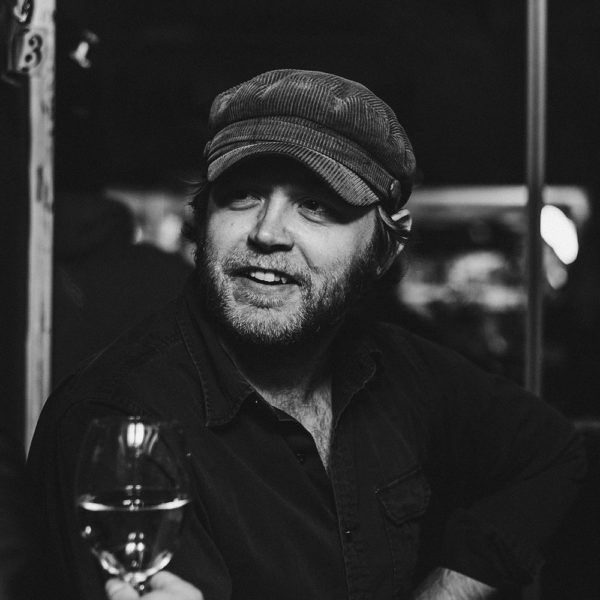 Gary McLeodHosei University, Japan & Falmouth University, UK
Gary McLeodHosei University, Japan & Falmouth University, UK -
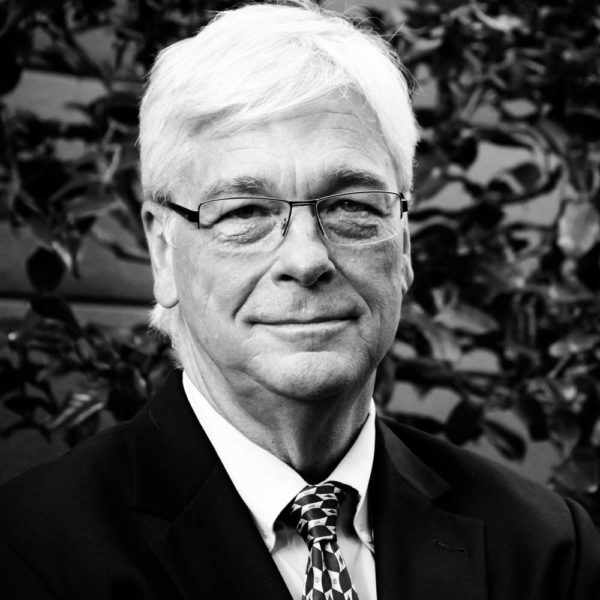 Richard RothMedill School of Journalism, Northwestern University, USA
Richard RothMedill School of Journalism, Northwestern University, USA -
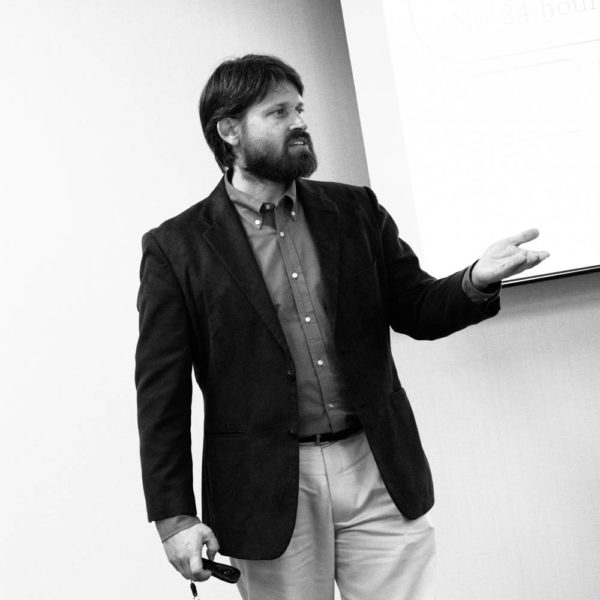 Virgil HawkinsOsaka University, Japan
Virgil HawkinsOsaka University, Japan -
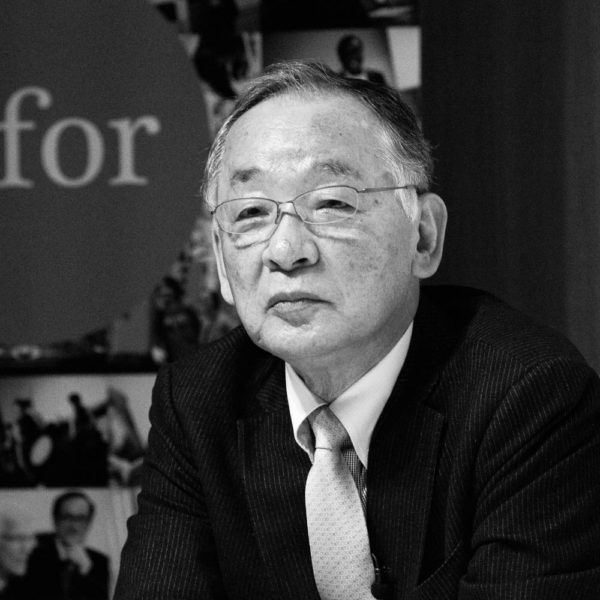 Yutaka MinoHyogo Prefectural Museum of Art, Japan
Yutaka MinoHyogo Prefectural Museum of Art, Japan -
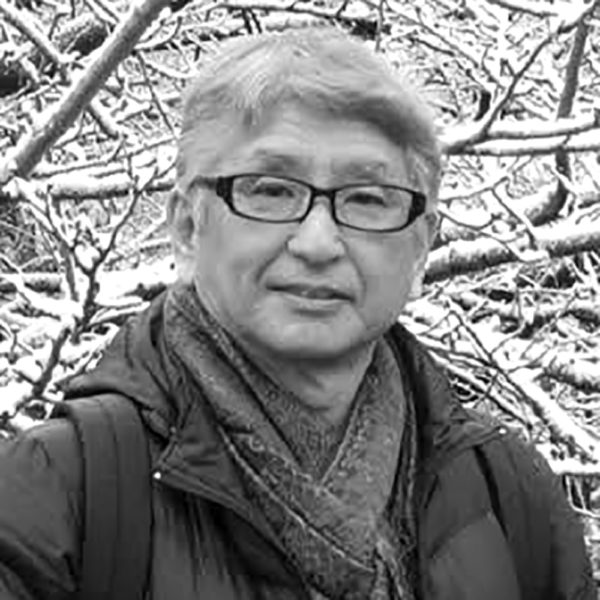 Yoneo OtaOsaka University of Arts & The Toy Film Museum, Japan
Yoneo OtaOsaka University of Arts & The Toy Film Museum, Japan -
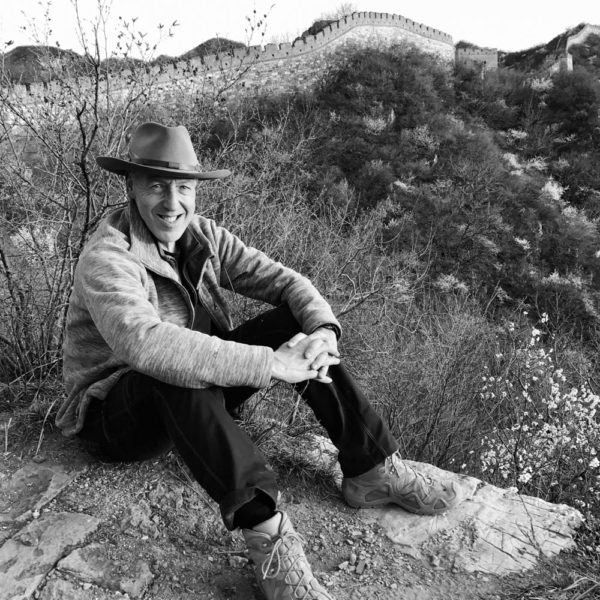 William Lindesay OBEFounder, International Friends of the Great Wall
William Lindesay OBEFounder, International Friends of the Great Wall -
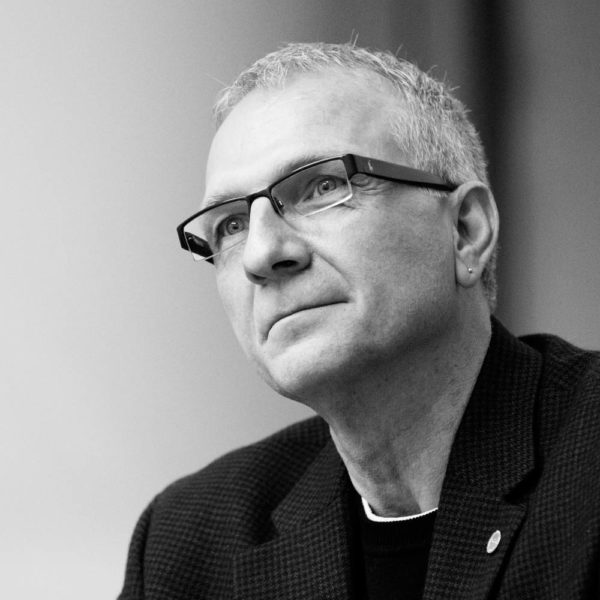 Gary E. SwansonUniversity of Northern Colorado, USA (fmr.)
Gary E. SwansonUniversity of Northern Colorado, USA (fmr.)
Organising Committee
The Conference Programme Committee is composed of distinguished academics who are experts in their fields. Conference Programme Committee members may also be members of IAFOR's International Academic Board. The Organising Committee is responsible for nominating and vetting Keynote and Featured Speakers; developing the conference programme, including special workshops, panels, targeted sessions, and so forth; event outreach and promotion; recommending and attracting future Conference Programme Committee members; working with IAFOR to select PhD students and early career academics for IAFOR-funded grants and scholarships; and overseeing the reviewing of abstracts submitted to the conference.
-
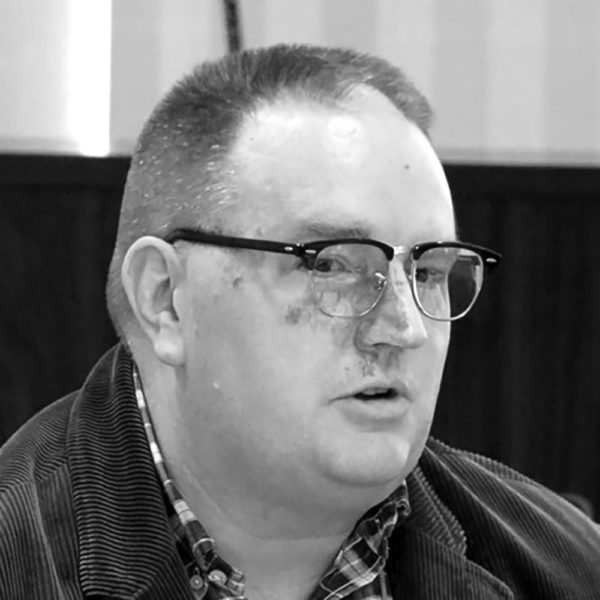 Timothy W. PollockOsaka Kyoiku University & Hagoromo University of International Studies, Japan
Timothy W. PollockOsaka Kyoiku University & Hagoromo University of International Studies, Japan -
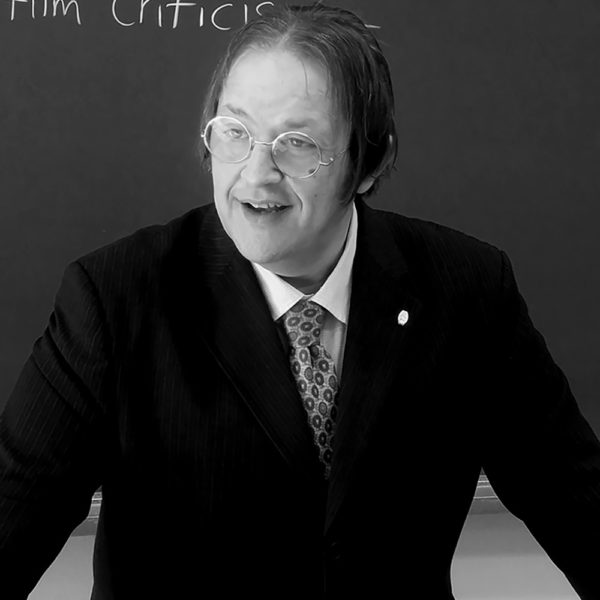 Paul SpicerHiroshima Jougakuin University, Japan
Paul SpicerHiroshima Jougakuin University, Japan -
 Gary E. SwansonUniversity of Northern Colorado, USA (fmr.)
Gary E. SwansonUniversity of Northern Colorado, USA (fmr.) -
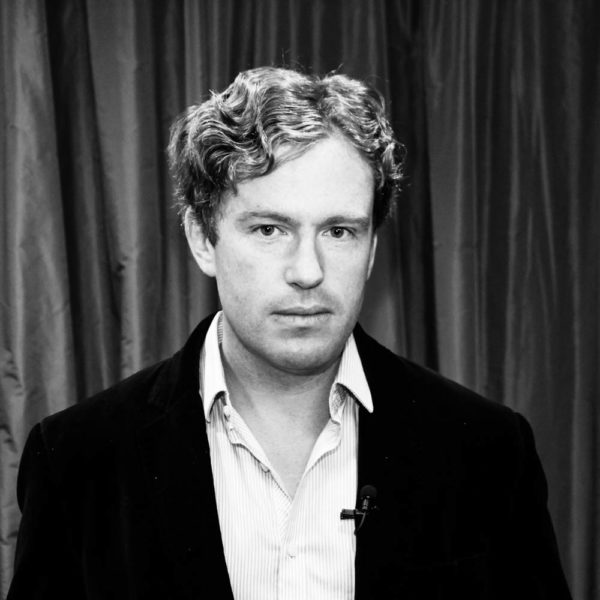 James RowlinsSingapore University of Technology and Design, Singapore
James RowlinsSingapore University of Technology and Design, Singapore -
 Joseph HaldaneThe International Academic Forum (IAFOR), Japan
Joseph HaldaneThe International Academic Forum (IAFOR), Japan
Review Committee
- Dr Hannah Ho, University of Brunei Darussalam, Brunei Darussalam
- Dr Anna-Marie Jansen Van Vuuren, University of Johannesburg, South Africa
- Dr Alexander Klemm, Webster University of Thailand, Thailand
- Dr Chin-Pang Lei, University of Macau, Macau
- Professor Richard Letteri, Furman University, United States
- Dr Marcus Lima, State University of Southwest Bahia, Brazil
- Professor Xenia Negrea, University of Craiova, Romania
- Dr Jytte Holmqvist, Monash University, Australia
IAFOR's peer review process, which involves both reciprocal review and the use of Review Committees, is overseen by conference Organising Committee members under the guidance of the Academic Governing Board. Review Committee members are established academics who hold PhDs or other terminal degrees in their fields and who have previous peer review experience.
If you would like to apply to serve on the MediAsia2019 Review Committee, please visit our application page.
